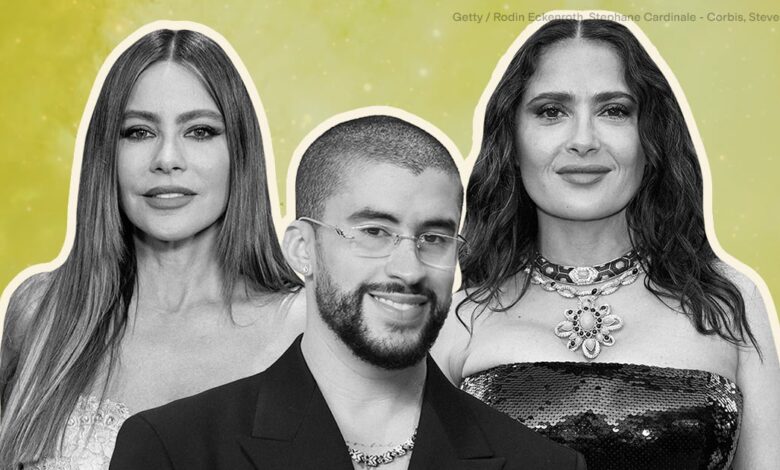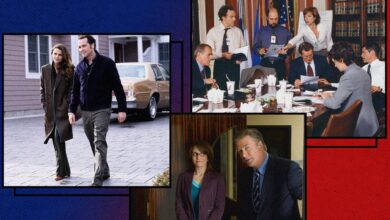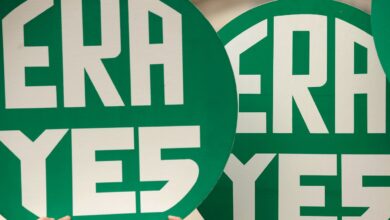Latin celebrities are giving up code-switching

I had just sent a voice memo to a friend when a sense of curiosity came over me. “Let me hear it again,” I said to myself. As I listened back, a more curious feeling came over me, that of not recognizing my own voice. You see, I have been code-switching for so long that sometimes I am not sure where my true self begins. Obviously, this is my friend, so I was speaking my true self. However, as someone who has been in the profession for many years, as well as an academic, the voice I hear on playback is just one of many. And for many modern Latinos, this is another aspect of identity politics that we must reconcile. That is why it is refreshing to see that many Latino celebrities have recently become more candid about the pressure they feel to code-switch or “speak white,” and publicly reject this practice in order to accept their authentic selves.
This is certainly due to the current sales power that Latinos are enjoying globally. Driven by the popularity of reggaetón and Latin trap music, Latin music in general is outperforming other markets with artists like Bad Bunny becoming global stars despite refusing to make music in English. Over the past few years, streaming services like Netflix have invested heavily in dramas like “Casa de Papel,” “Narcos,” and most recently, “Griselda“, starring Colombian actress Sofía Vergara. But you don’t have to go back too far to find a time when this didn’t happen.
In the early 2000s, the idea that music sung primarily in Spanish could succeed in an English-speaking market seemed absurd. During that time, it was also difficult to find shows that featured mainstream Latino artists or focused on issues in and around our community. This meant that many emerging stars had to appear almost white to have a chance at success.
Marc Anthony, Ricky Martin and Thalia have all released English-language crossover albums, catering to the US pop market. Puerto Rican actor Freddie Prinze Jr. spoke about rare leading roles written specifically for Latinos at the time. Now, with the current acceptance of Latinidad, he’s more open than ever about how proud he is of his heritage. And to hear him speak today is to hear a more authentic human being come to life, complete with all the nasalness and intonation that code-switching often tries to mask. You can hear it in this interview He gave it to “The Talk” during a press tour.
But Prinze isn’t the only one. Recently, a video of Mario Lopez eating some food with a friend went viral. went viral because of the frank nature of his speech.. When I was a kid, my parents and I used to watch the actor on “Access Hollywood,” and the way he spoke always seemed performative to me. But seeing this side of Lopez in this clip was refreshing. It’s nice to know that deep down, when he’s at his most comfortable, he’s just a friend. But that doesn’t mean that code-switching is always performative. Personally, I’ve always thought that being able to code-switch is a resource, a resource that allows me to not fit in but be understood by people who don’t normally understand me.
Over the years, I’ve developed many different accents. I have a Nuyorican accent around my family and cousins. Then a Puerto Rican accent when I’m on the island, stretching out the syllables of English words to fit Spanish. And then there’s my academic side that comes across the table with his $20 words. Years ago, I used to think that having these aspects made me fake and that I wasn’t really Latino or Caribbean enough. But now I realize that authenticity is different for everyone and being Latino doesn’t mean having to be one thing. I’m reminded of the great Desi Arnaz, who never lost his strong Cuban accent. For Arnaz, authenticity became an advantage, and it’s no surprise that he was the first Latino to co-host an English television show in the United States. I see parallels between him and Salma Hayek and Vergara, two great actors who embrace their accents and whose stock prices have risen because of it.
On the opposite end of the spectrum, you have Latinos like John Leguizamo, whose thick New York City accent made it easy for casting agents to cast him in stereotypical roles like junkies and criminals. But instead of taking on those roles or switching codes, he simply owned it and forged his own path in Hollywood, even getting the chance to deliver Shakespearean prose in his signature accent as Tybalt in Baz Luhrmann’s “Romeo + Juliet.”
Today, the groundwork these Latino icons laid has set the tone for many of us to reclaim our authenticity and stop code-switching. Sometimes that looks like speaking in our true accents or using the vocabulary that comes most naturally to us. But we also see it in the way many of us have stopped Anglicizing our names or are more willing to express ourselves in Spanish or Spanglish. For example, I love the way Alexandria Ocasio-Cortez pronounces her name every time she introduces herself, even though Spanish isn’t her first language. I love the way Oscar Isaac and Pedro Pascal break down their full names in this interview with Wired because it shows that Latin identity is something we always carry with us.
At the end of the day, being Latino means being part of a group where one size doesn’t fit all. And I’m glad to see that we no longer feel so much pressure to fit ourselves into boxes that take away from our beauty, no matter what flavor.
Miguel Machado is a journalist with expertise in the intersection of Latino identity and culture. He does everything from exclusive interviews with Latino music artists to opinion pieces on community-related issues, personal essays tied to his Latinidad, and in-depth articles and features related to Puerto Rico and Puerto Rican culture.




